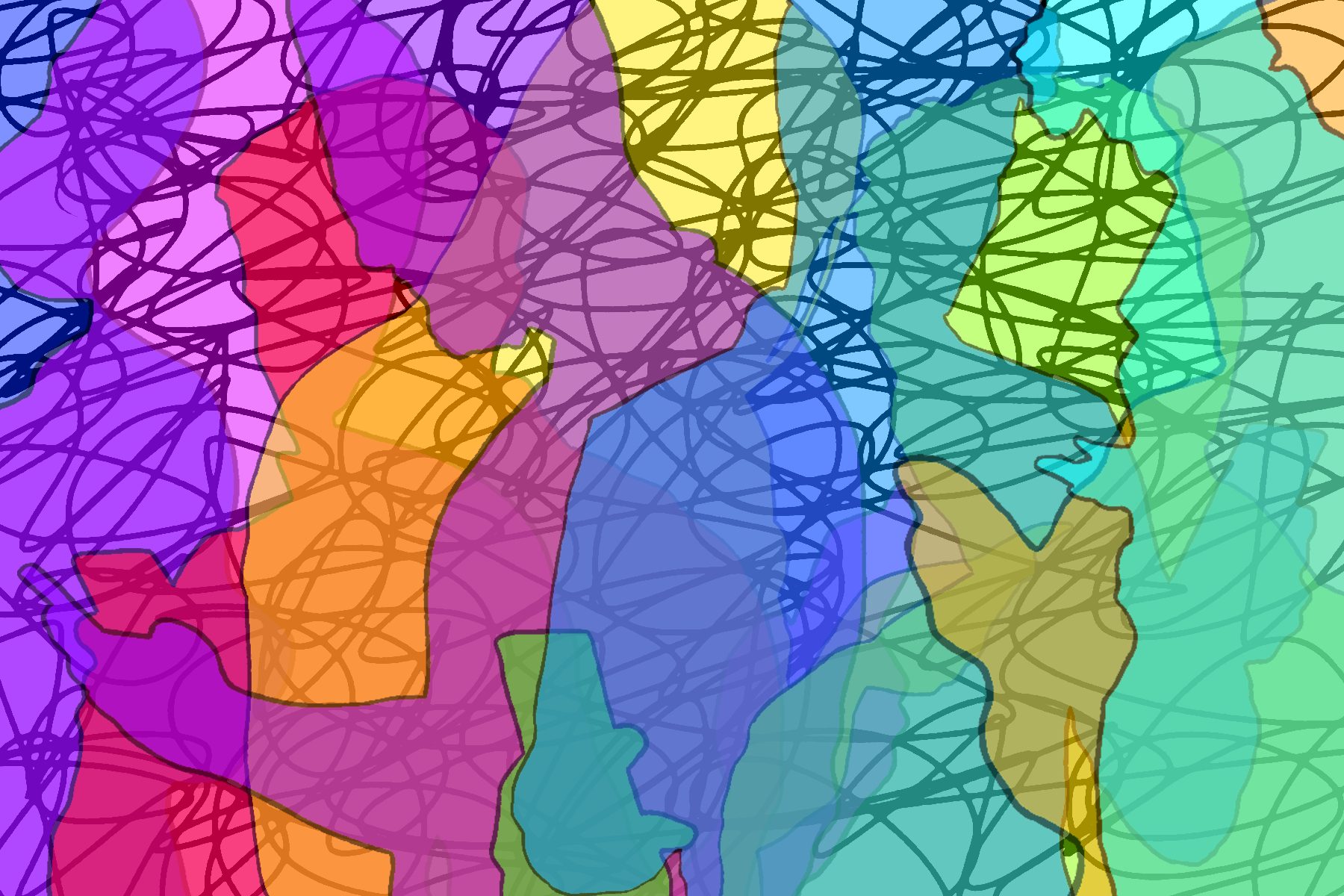There is nothing quite like posting a new photo and watching as likes flow into your notification bar. It can be great for your mental health; there is even psychological proof that getting likes on social media makes us feel the same way we feel when we win money or eat chocolate.
Social media is a great thing that can bring many positives into a person’s life. Social media makes it possible for people to stay in touch with their friends and family from all over the world. It also provides an opportunity to make new friends, find new communities and network with others who have the same interests. Social media also makes it possible to find, join and promote important causes while raising awareness on these subjects.
It can also be used to find mental health support during hardships. Social media is one of the only ways for people who live in remote areas to find friends and stay socially connected. It is also a great place to express your creativity and post creative content; moreover, it can also be used to find and learn new things.
However, social media does not have only positive effects on a person’s mental health. Our emotional well-being can be very negatively affected by social media, as well.
Though there is very limited research done on the long-term effects of social media usage due to its newness, there are studies that have discovered a link “between heavy social media and an increased risk for depression, anxiety, loneliness, self-harm, and even suicidal thoughts.”
The first issue that arises with the use of social media is that of altered images. Though many people know that the images they see are fake and heavily edited, it’s still hard to not compare yourself to the “perfectly toned” and “clear-skinned” influencers. Scrolling through the perfect photos of other people’s seemingly perfect lives can make you feel like your own life and appearance is inadequate. Some accounts have been surfacing lately, with the intention of “exposing” fake celebrity photos. However, seeing all these images and feeling like you are not enough still has a very negative impact on a person’s mental health.
Social media also tends to make people feel as though they are “missing out” on the type of lives other people are living. This is known as FOMO or the “fear of missing out.” Social media is full of “perfect” photos that serve as a strong hook that drags people in and makes them want to come back for more, in fear of not seeing every single post or not responding to every comment and message. This obsession can cause a person’s mental health to take a hard hit.
Although social media can be used to bring you closer to those who may be far away, it can also take you far away from those who are close to you. Social media can be used to make a person feel less lonely, but a study at the University of Pennsylvania actually found that high usage of apps like Facebook and Instagram can increase — rather than decrease — a person’s feelings of isolation and loneliness. In fact, decreasing the amount of time you spend on social media can improve your mental health.
Social media also takes away from real face-to-face human interaction. Our mental health heavily relies on healthy in-person socialization. Heavy usage of social media takes away from that genuine human interaction, and if you prioritize social media over spending time with people in person, it can lead to mental health problems such as depression and anxiety.
Cyberbullying is another possible side effect of social media usage that can harm a person’s mental health. Approximately 10% of teenagers have reported that they’ve been bullied online, but just about everyone is a potential victim of offensive comments and messages. Social media is a “hotspot for spreading hurtful rumors, lies, and abuse that can leave lasting emotional scars.”
Becoming too obsessed with social media can also lead to self-absorption. “Sharing endless selfies and all your innermost thoughts on social media can create an unhealthy self-centeredness and distance you from real-life connections.” Being overly self-obsessed can lead to mental health issues that tie in with other social media-oriented problems such as comparing yourself to others.
So, how can you know if social media is starting to have a negative impact on your mental health?
A first possible sign is that you spend more time on your social media apps than you do with your friends in real life, even when you are physically with them. If you feel as though “social media has become a substitute for a lot of your offline social interaction,” then you may be in danger of mental harm.
Be aware if you start comparing yourself to other social media users and begin to see yourself negatively. The next sign is feeling distracted from your responsibilities at school or work and feeling pressured to constantly be online.
Another sign of severely heavy social media usage is suffering from sleep problems, needing to engage in risky behavior for the purpose of getting likes or feeling like your symptoms of anxiety and depression are worsening.
If you feel like you’re spending too much time on social media and feel like it is negatively impacting your mental health, there are several ways for you to keep it under control.
The first thing you could do is find out how much time you actually spend on social media by using some kind of screen-time tracking app. This will show just how big your problem is through concrete data.
Once you know how much time you spend on social media, you can figure out a good time during the day to turn off your phone. This can help you limit your daytime social media usage. To avoid choosing social media over your sleep, you could leave your phone to charge on the opposite side of the room or in a different room entirely.
Another option is to disable your social media notifications. If your notifications do not keep popping up, you may be less likely to feel the need to check your phone every second. If disabling your notifications does not do the trick, then you could set up time limits for your apps in your phone’s settings. However, if this still doesn’t help then you should consider completely removing the social media apps from your phone.
While social media can be a fun downtime activity and a great way to unwind at the end of the day, heavy usage can lead to some major mental health problems. There are ways to try and pull yourself out but if you feel like this is a huge struggle for you and don’t know if you can battle this alone, you should seek professional help from a school guidance counselor or therapist if available.

















